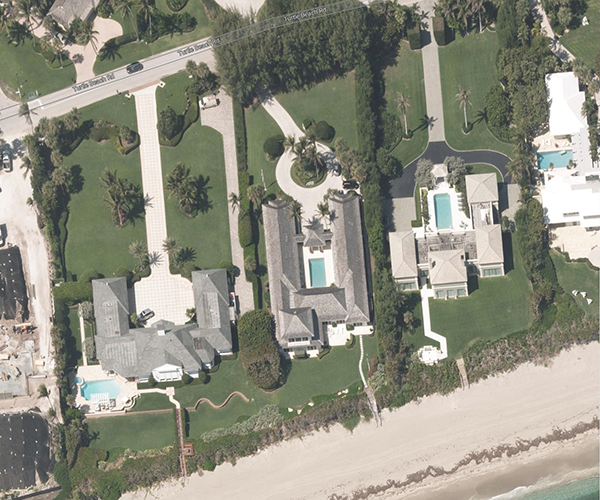Like any lawyer before a big verdict, Case Western Reserve University law professor Michael Scharf was nervous in April as he awaited word of Charles Taylor's fate.
Taylor, the former president of Liberia, had been charged with funding an 11-year rebellion — a rampage of murder and torture — in neighboring Sierra Leone. For nine years, Scharf and his law students had worked to help bring him to justice.
When the ex-president was still living in exile in Nigeria, one of Scharf's students wrote a key memo arguing that the Sierra Leone war crimes court had the power to indict a former head of state. Following Taylor's arrest, CWRU students wrote dozens of memos to support the prosecutor's courtroom battles.
"It was one of the most difficult legal cases any international tribunal tried," Scharf says.
When the judges announced their verdicts April 26, Taylor was found guilty on 11 counts of aiding and abetting war crimes. Scharf and his students had helped establish a landmark precedent: Not even a country's president is immune from punishment for war crimes.
"Now people like [Omar] Al-Bashir" — Sudan's president, indicted on genocide charges over the Darfur conflict — "are having a lot of trouble getting a good night's sleep," Scharf says.
War crimes law was a tiny field when Scharf brought his War Crimes Research Office to CWRU a decade ago. Since then, war-crimes courts have spread from Sierra Leone to Cambodia to Lebanon.
Scharf's students wrote 220 memos for the courts' prosecutors and judges and sent source materials for law libraries. Eighty-nine students have interned with the courts. Seven graduates now work for them. Scharf and his students also worked on the Saddam Hussein trial. (Read our March 2009 story "Justice for All" here.) Next, Scharf and his students will help African courts prosecute Somali pirates.
"[War crimes law] has become the most important part of international law," Scharf says. "We're very fortunate to have been there at the ground floor."



